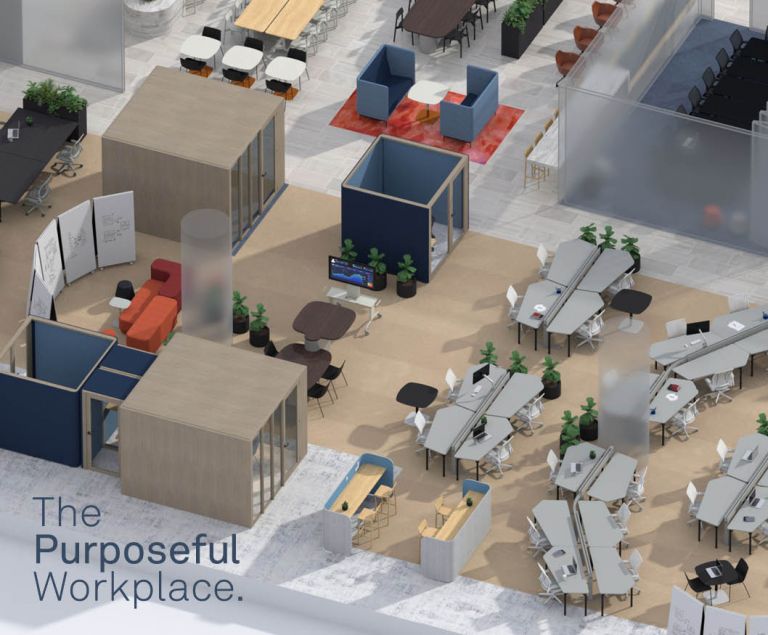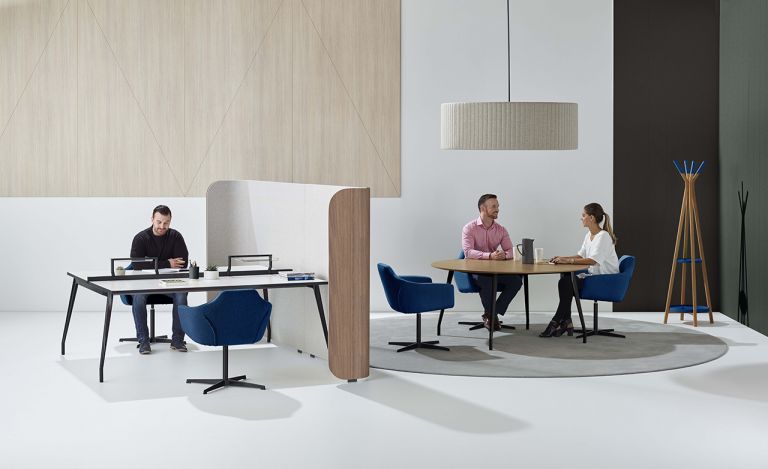“We think of building, organisation and city as separate, but dismissing this concept will help us all thrive.” – Bill Dowzer, BVN
This approach flips the popular phrase 'earning the commute' on its head - abolishing it entirely.
For business leaders this means an increased consideration of what surrounds a tenancy, looking at following the areas where there is increased infrastructure.
Both Bill Dowzer, Principal at BVN and Adele Winteridge, Founder and Design Director at Foolscap Studio discuss the ‘whole-life proposition’ – thinking of a building, organisation and city as one that amalgamates to form part of your organisation's employment offering.
“Make the office a magnet, not a mandate.” – Hassell.
The shift to a more residential look and feel, opting for softer interiors and more welcoming spaces in commercial zones is not particularly new, however the push has been accelerated through the fundamental goal of making the office better than home.
Research, science and strategy, while essential, do not replace the intrinsic need to create beauty, intrigue and emotion in modern commercial spaces. This key consideration raised by Viggo Haremst from Henning Larsen is described by the firm as “merging the poetic and the practical.”
“Work socialisation is nuanced, from scheduled meetings to unforced, organic conversations and a sense of being a part of one.”
– Franziska Heuschkel, Co-Founder, Space and Pepper.
These interpersonal encounters and this intangible ‘sense’ speaks to two key non-physical employee drives of the future workplace: experience and identity.
Experience, likened to ‘software’ by Hassell, is proposed by the design firm as one of the four key elements of the holistic workplace.
Identity, the cultivation of pride, belonging and culture according to Henning Larson, is a shared set of company ideas, values and identifiers that must exist between members but can be fostered by the environment.
Related content

The Purposeful Workplace

Enabling Transformations: Agility and the Workplace

Why team-based work is taking over activity-based work





